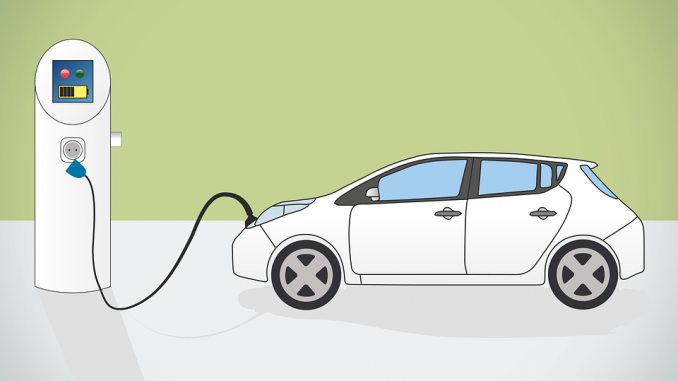
Senator Chuck Schumer announced a plan on Oct. 27 to replace all gasoline powered vehicles in New York State with electric vehicles by 2040, in accordance to the Climate and Community Protection Act (CCPA) which strives for a net-zero carbon economy by 2050.
Schumer’s proposed plan, Clean Cars for America (CCA), is the first of its kind in the nation and would result in replacing 63 million carbon-emitting gasoline powered cars with cleaner, electric vehicles.
According to Schumer’s press release on Oct. 27, there are three main steps in the CCA plan. The first is to make electric or hybrid vehicles more affordable by giving out cash vouchers when consumers trade in their gasoline-powered vehicles.
CCA would provide consumers with a $3,000 voucher to trade in their current vehicle for an electric one. In order to make this plan accessible to all residents of New York, “consumers with household incomes less than or equal to 200% of the federal poverty would receive an additional $2,000 rebate for new vehicles,” according to a Senate Democrats press release on Oct. 25.
The second step in Schumer’s plan is to switch the infrastructure towards an electric-centered one.
In order to make the act even more accessible, the proposed funding includes $45 billion in order to switch the infrastructure of New York from gas stations to charging stations. The proposed plan states that “a new charging station [would] be installed for every vehicle purchased with incentives provided by the Clean Cars for America plan.”
The third step in this proposed CCA plan is to provide incentives for existing U.S. factories to switch to building electric zero-emission vehicles and their charging accessories. An important part of Schumer’s plan is that all the electric vehicles produced will come from U.S. based factories, which would also create more jobs in the U.S.
According to a press release from Senate Democrats, “Our plan would create two new grant programs that would stimulate the regional economy, and improve the global competitive position of the United States in the electric vehicle industry by creating a robust domestic supply chain, and require that workers both building and working in the new factories make good-wages and have strong labor standards.”
The CCA Act, if enacted, would be a huge step towards the CCPA which calls for 100% carbon-emission reductions by 2050. According to The New York Times, 80% to 90% of a vehicle’s impact on the environment is due to its fuel consumption and emissions of greenhouse gases.
Getting rid of gasoline-powered cars “would make a huge impact. It’s even starting to become a trend with upcoming luxury car brands like Tesla,” said Victoria Zezula, a sustainability ambassador for the New Paltz Sustainability Group. “But, I would assume electric vehicles would be expensive, not [able to] travel long distances in a short period of time, and battery charging could wear out just like our phones do.”
While there are still some holes in Schumer’s plan to replace all gasoline-powered vehicles with electric vehicles by 2040, it is a major step towards becoming a more emissions-conscious country and reducing our effect on climate change.

